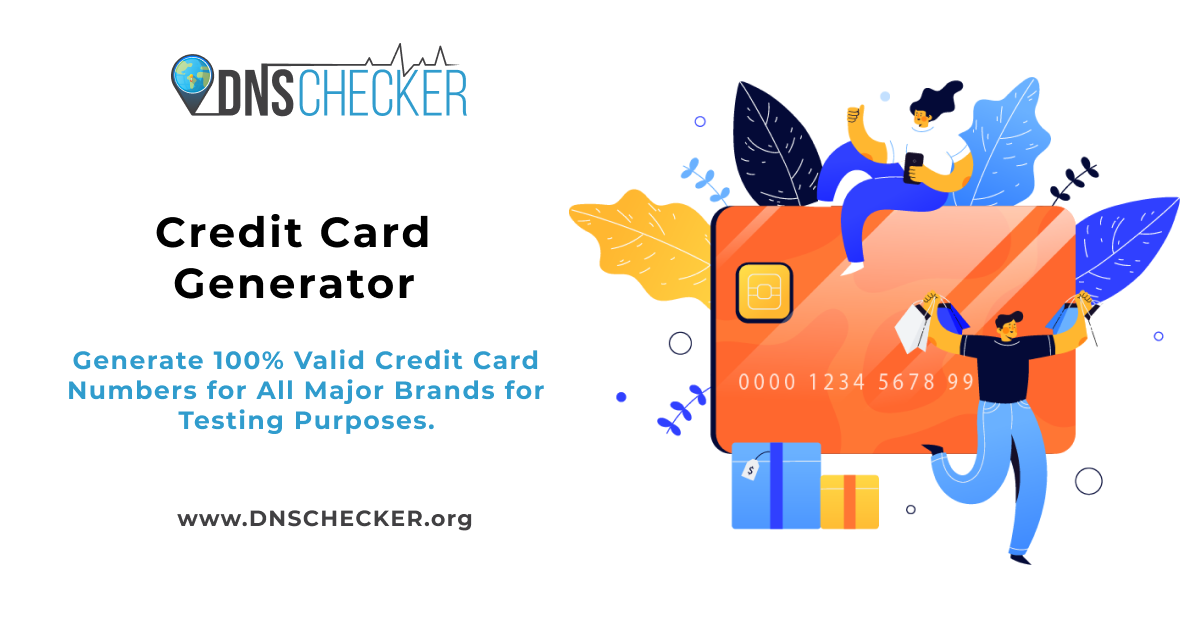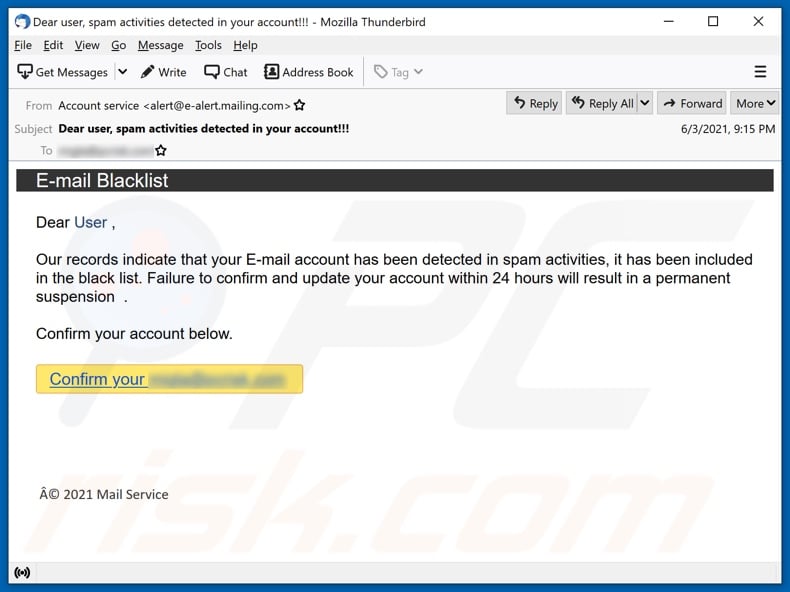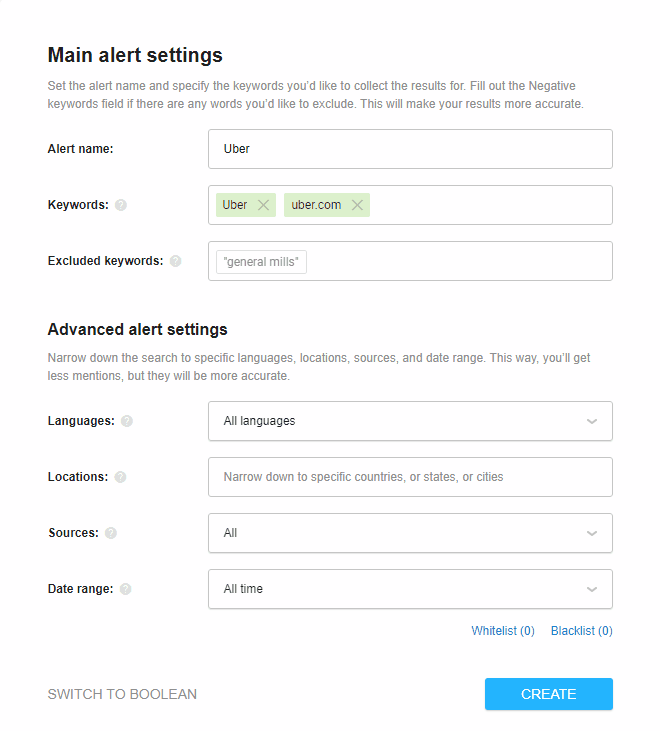New Tips For Choosing Credit Card Apps
Wiki Article
What Constitutes A "Suspicious" Act That Could Result In The Blacklisting Of A Credit Card?
Certain actions or behaviors could cause red flags and may result in the credit card being flagged by the credit card issuer or financial institution. Some examples are: Unusual patterns of spending
A sudden large transaction or a significant increase in spending when compared to the cardholder's typical behavior can cause suspicion.
Unrecognized Transactions
Fraud may be spotted by transactions that are unfamiliar or unauthorised on the account statement the cardholder is not able to initiate or approved.
Multiple Refused Transactions
Multiple declined or unsuccessful transactions within a relatively short period of time could indicate that there is a problem, especially when the cardholder's transaction history generally is positive.
Geographic Anomalies
If you see transactions coming from locations far away from your typical shopping destinations or a series of transactions within an extremely short period of time across different geographic places, it could raise suspicion.
Atypical Purchase Types
You can flag as suspicious any unusual purchases, such as high-value goods which don't fit with your spending habits.
Uncommon Online Behavior
Unexpected or unusual activity online like failed logins multiple times, account changes or unusual attempts to login, could be a sign of unauthorized access.
Unusual Use of Cards
If a card's usual use pattern is disrupted the card could be deemed suspicious. For example, when the local credit card suddenly becomes used for international transactions.
Rapid Cash Transfers or Advances
Cardholders might receive notifications for advance or cash transfer which aren't in their normal spending habits.
Frequent card-not-present transactions
It's possible to spot an increase in transactions that are not present on your card (online purchases, or phone-based purchases) with no prior history.
Identity Verification Issues-
If you are having difficulty checking the identity of the card holder when you make transactions, it could be a cause for suspicion, particularly if additional verification is necessary.
The card issuer might investigate any of these actions or monitor these behaviors, and then temporarily block your account until you verify that the cardholder is in fact who they claim to be.

What Should I Do If I Think My Credit Card Is Listed On Blacklists?
If you think your credit card might be placed on a blacklist, or if you believe there's fraud associated with your card, take the steps below: Contact the credit card issuer Immediately-
Call the number for customer service on the card's back or visit the website of the issuer to see if they have a fraud reporting hotline.
Inform your credit card company that you are concerned. Let them know that you suspect fraud or that the security of your card may be compromised.
Report Suspicious Activity-
You must explain any transaction that you find odd or suspicious on your statement.
Information about the transactions are needed such as dates, figures and names of the merchants, if any.
Request Card Replacement, Blocking or Removing
Inquire that the credit card issuer temporarily block the card to stop any further transactions that are unauthorized.
To continue access to credit, inquire about the procedure for replacing your credit card.
Check your account and contest any charges.
Examine your latest accounts and transactions to determine if there was any suspicious transactions.
If you find unauthorized transactions on your credit card contact the card issuer to investigate them.
Check Your Credit Score, and Keep Track of It
Be sure to follow up on your concerns with the credit card company that issued your credit card.
Monitor your credit card account regularly for suspicious activity or unexpected changes.
Think about putting up a Fraud Alarm or Security Freeze-
If the situation is serious then you might want to consider placing the credit freeze or placing a fraud alert to safeguard your identity and prevent fraud attempts.
Report to Authorities as Needed
The report of identity theft to the Federal Trade Commission or filing a complaint with the local law enforcement is recommended if you suspect substantial fraud.
You must take action immediately to minimize the chance of loss and prevent future unauthorised transactions. If you report any suspicious activity as soon as it occurs and working together with your credit card issuer, you can limit the potential impact of fraud or misuse.

What Are The Qualifications Of Those Who Run Credit Card Numbers Via An Application Which Blacklists Them?
The authorized professionals of law firms, financial institutions or cybersecurity firms validate credit card number against a blacklist, or check for fraudulent activity that involves credit cards. These professionals include- Fraud Analysts- Trained individuals working in financial institutions that specialize in the detection and investigation of fraudulent activities that involve credit cards. They utilize specialized software and tools to identify patterns, anomalies, and possibly compromised card information.
Cybersecurity Experts: Professionals with an expertise in cybersecurity. These experts analyze and detect cyber-attacks like stolen credit card numbers. They concentrate on preventing breaches of data, analyzing the information for warning signs and installing security measures.
Specialized groups within law enforcement agencies or individuals who conduct investigations into financial crimes, including fraud with credit cards. They are equipped with databases and tools that they can use to track and examine fraudulent activity.
Compliance Officers - These professionals are responsible for ensuring financial institutions adhere to rules and laws that govern financial transactions. They are also responsible for overseeing procedures for the detection and reporting of suspicious transactions associated with credit cards.
Access to databases containing credit card blacklists as well as the authority to validate credit card numbers against such lists are strictly regulated and require proper legal authorization, such as being a part of an investigation by a government agency into financial crimes, or with specific authorizations from authorized authorities.
These teams of experts use specific instruments such as protocols, protocols, legal processes and specialized software to verify that credit card data isn't listed included on blacklists. All this is done in a strict compliance with privacy and security regulations. In the event of concerns about potentially compromised credit card data It is essential to rely on experts and institutions that are licensed. Individuals who are not authorized to gain access to blacklists of credit cards or to make use of them could be a source of legal consequences. Check out the top savastan for more advice.
